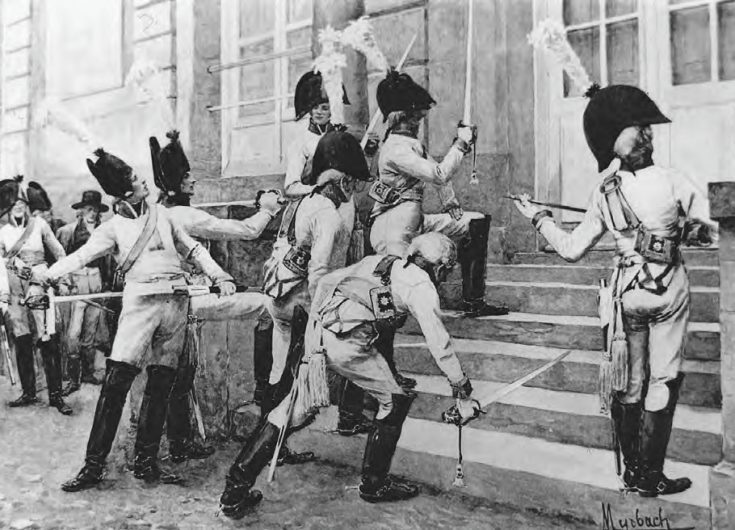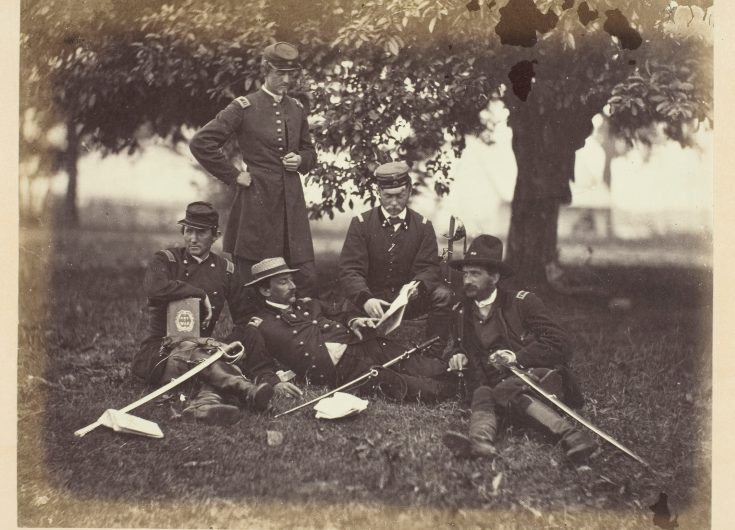

Montesquieu, The Spirit of the Laws (1748)
In addition to elucidating Montesquieu’s account of the liberalizing and pacifying effects of commerce, this essay will examine Montesquieu’s reflections on the practical foreign policy implications of the right of national self-preservation. Of particular importance in this connection are his accounts of the variation in foreign policy according to regime type, the value of confederation, and the role and limits of conquest. Examining these reflections, along with Montesquieu’s praise of England as the best regime, will help us to determine the character of a Montesquieuian foreign policy.




